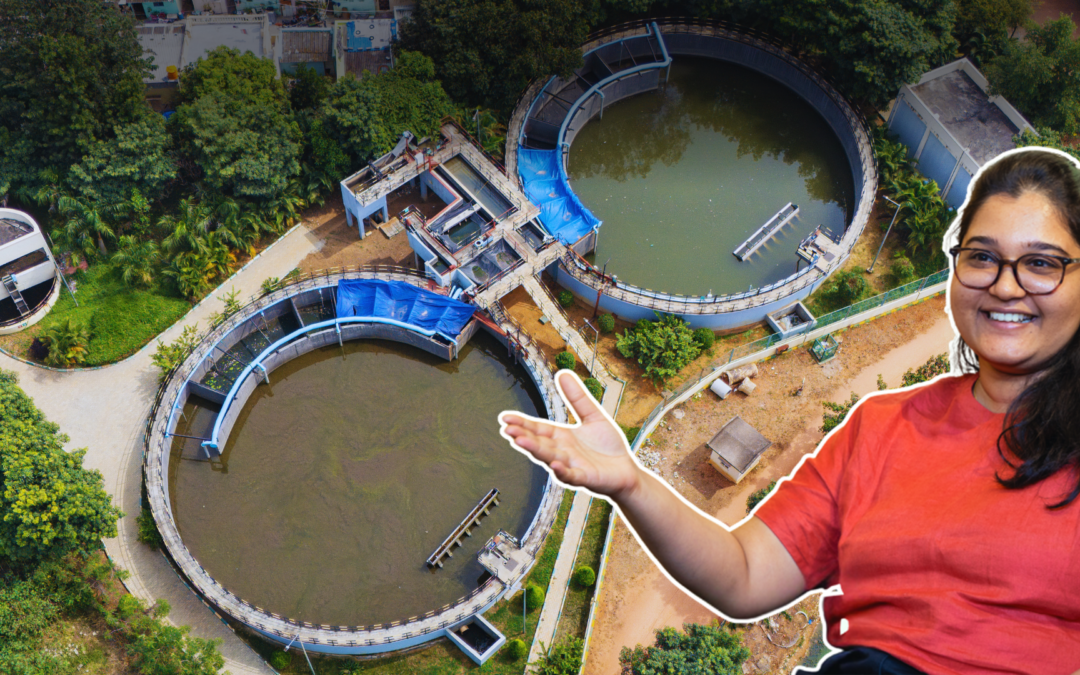
by WELL Labs Team | Jan 28, 2026 | Updates
Wastewater Treatment Explained with Deepthi Nagappa In the fifth episode of The WELL Labs Show, host Pavan Srinath is joined by Deepthi Nagappa (Senior Research Associate, Urban Water, WELL Labs) to unpack what really happens to wastewater after we flush the toilet....
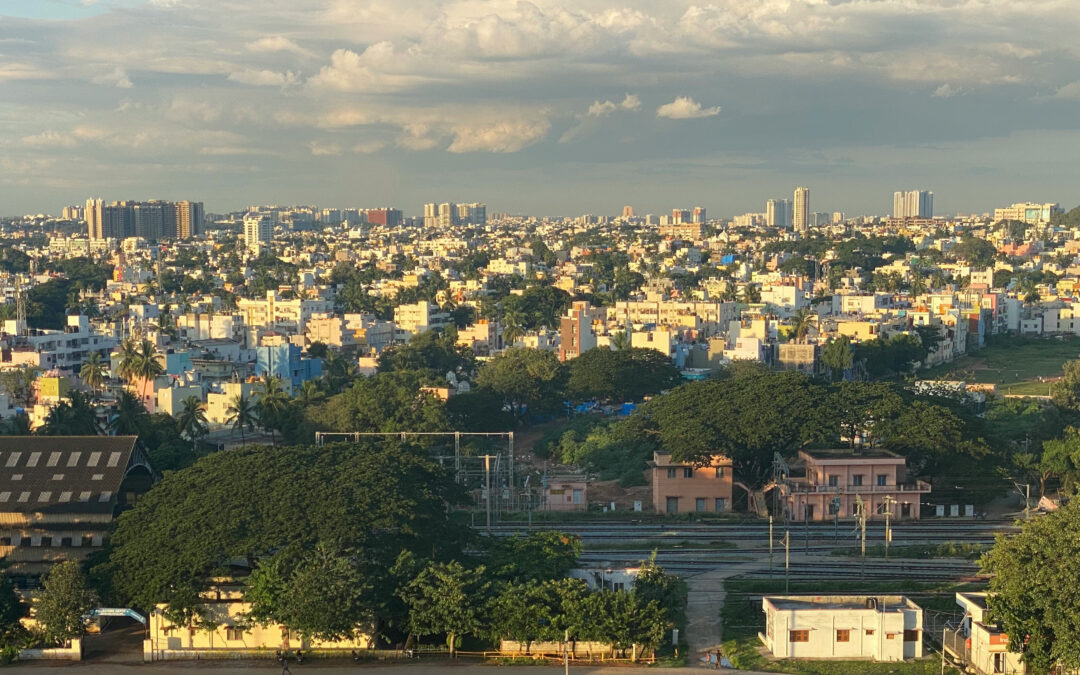
by Hari Prasad HK, Shashank Palur, Sneha Singh, Shreya Nath | Sep 20, 2024 | Urban Water / Blogs
Bengaluru Has the Highest Number of Decentralised Sewage Treatment Plants Globally. Are They Effective? Bengaluru, Karnataka. Credit: Sanket Shah, Unsplash Bengaluru generates enough wastewater a day to fill over 750 Olympic-size swimming pools a day. This is more...
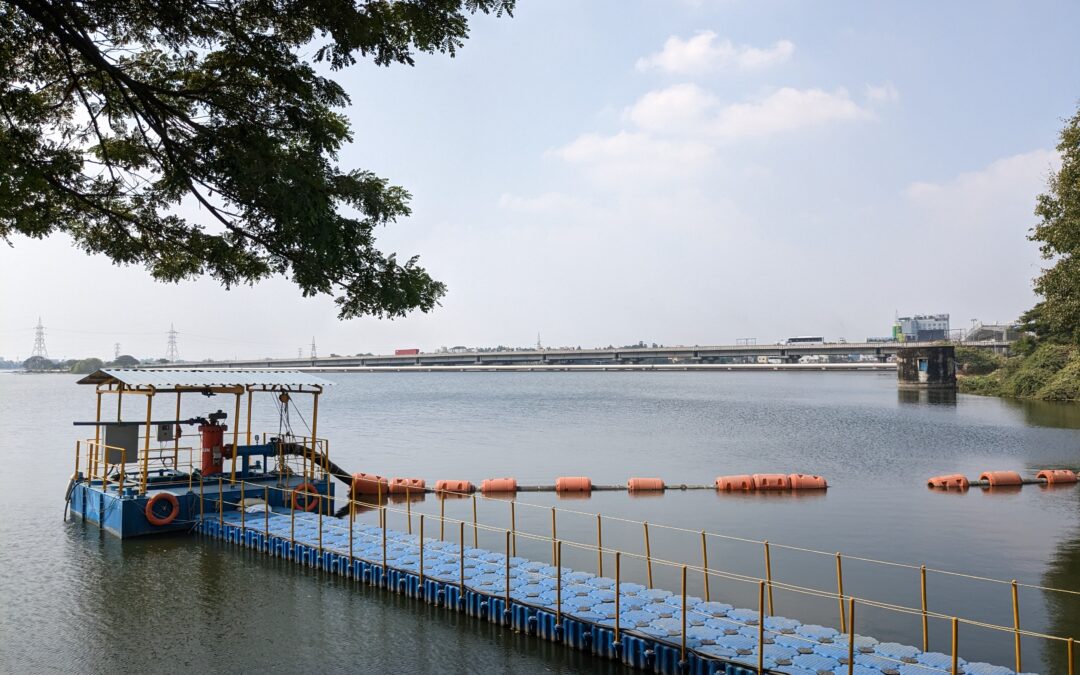
by Sneha Singh, Shashank Palur | Aug 28, 2024 | Urban Water / Blogs
Grey to Blue: What Can Bengaluru Learn From Chennai on Tertiary Treatment of Wastewater This is the water pumping station at Porur lake. Credit: Shashank Palur. Climate change is exacerbating water woes in Indian cities. For example, Chennai — like many rapidly...
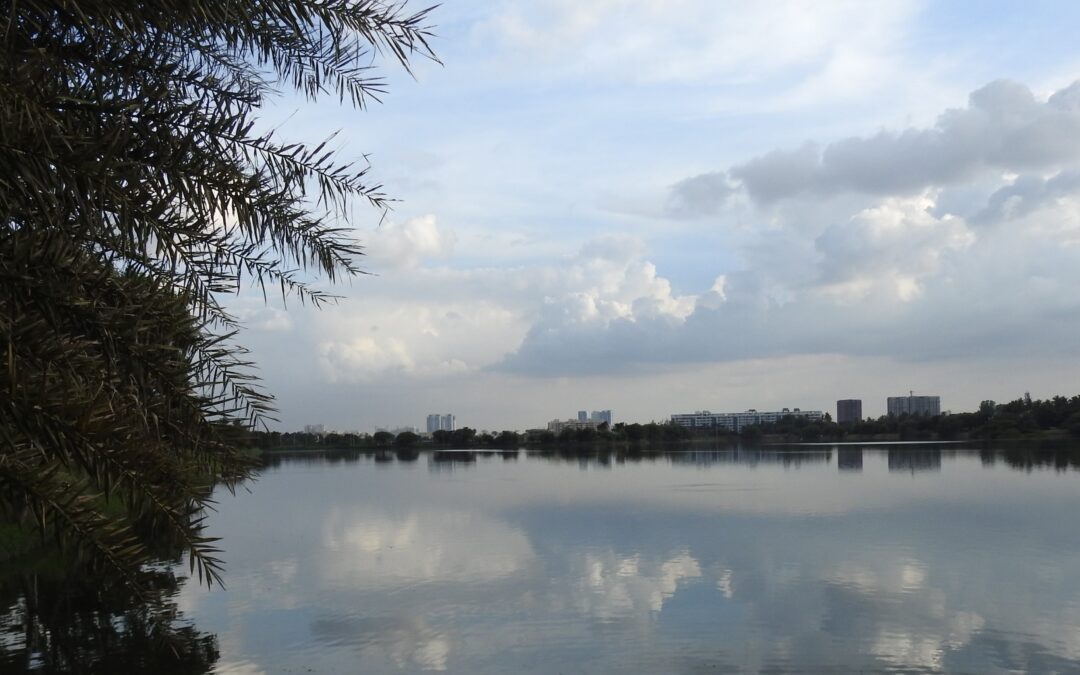
by Shashank Palur, Sarayu Neelakantan | Feb 14, 2024 | Urban Water / Blogs
Where Does Bengaluru Get Water from? The infographic below shows Bengaluru’s water sources and wastewater. Groundwater and water from the Cauvery river are major sources of water supply for Bengaluru. However, increasing wastewater reuse could reduce the stress...
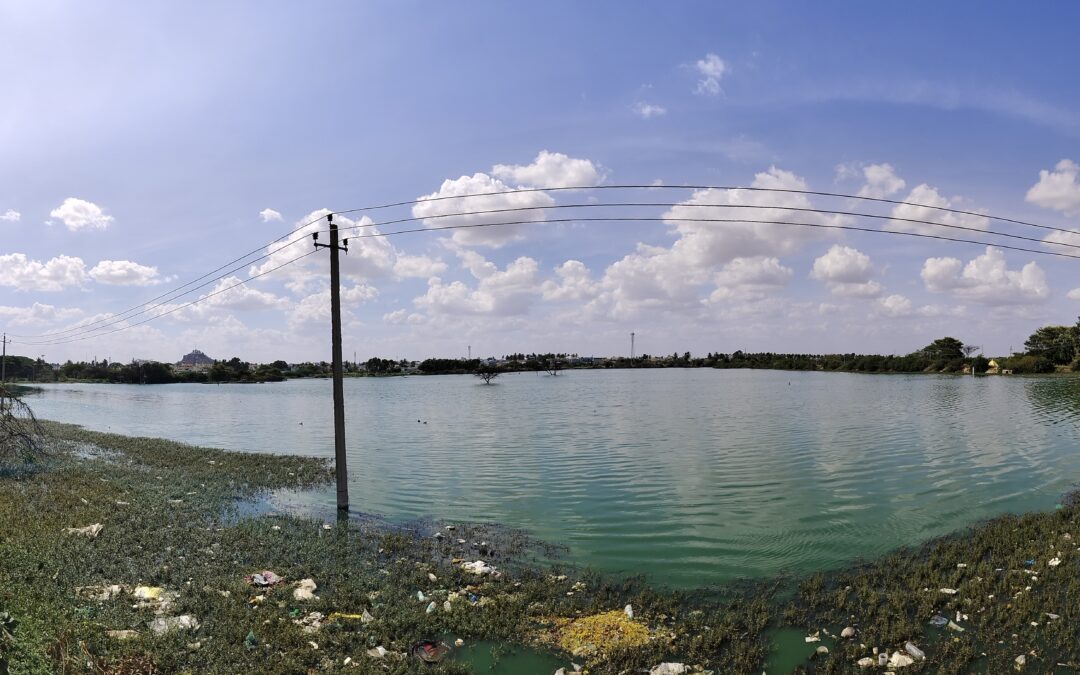
by Cheshta Rajora, Shashank Palur, Saad Ahmed | Feb 14, 2024 | Urban Water / Blogs
Wastewater Reuse Policies across Indian States Across India, treated wastewater remains a severely under-utilised resource. According to the NITI Aayog, “Less than 1,000 million litres per day (MLD), which is about 3% of treated wastewater and 1% of wastewater...






